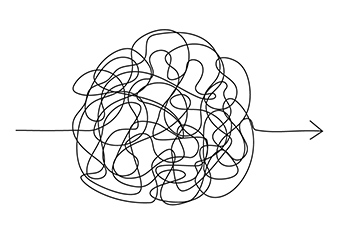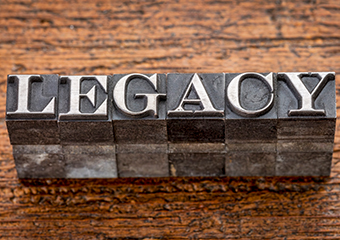We’d like to think it can, but what does the evidence show?A working definition of mindfulness is that it attentively and non-judgmentally focuses on present experiences. But does this actually affect anything in the brain? To find out, Jacqueline Lutz, from the psychiatry department at the University Hospital of Zurich, led a study investigating whether […]
Why a Fresh Perspective Can Be As Precious As a Diamond
My good friend Judith, who is a psychologist in private practice, once told me, “If you can give me a new perspective on a patient’s problem, you’ve given me something of incredible value.” When you have a patient who’s just not making progress, it can be terribly frustrating for both practitioner and patient. But a […]
On The Shoulders of Giants
Carl Rogers. Milton Erikson. Fritz Perls. Albert Ellis. Virginia Satir. These are some of the experts who shaped the interventions we use with patients today. And these experts stood on the shoulders of the giants who came before them. I’m thinking about people like Sigmund Freud, Carl Jung, Alfred Adler, Karen Horney, and Pierre Genet. […]
Helping Trauma Patients Shed Feelings of Shame
For someone who’s experienced trauma, feelings of shame often remain long after the painful event. So how can practitioners help clients begin to reclaim a sense of self-worth? Kerstin Jung, PhD and Regina Steil, PsyD, at Goethe University Frankfurt, in Frankfurt, Germany, wanted to find out whether Cognitive Restructuring and Imagery Modification (CRIM) could empower […]
How Does Mindfulness Change the Brain?
Mindfulness has been shown to be effective in relieving symptoms of depression, anxiety, and even chronic pain. But how does that happen? The other day, I told you about a study that looked at how mindfulness can change the anxious brain. As it turns out, scientists have confirmed another brain connection, with a surprising twist. […]




